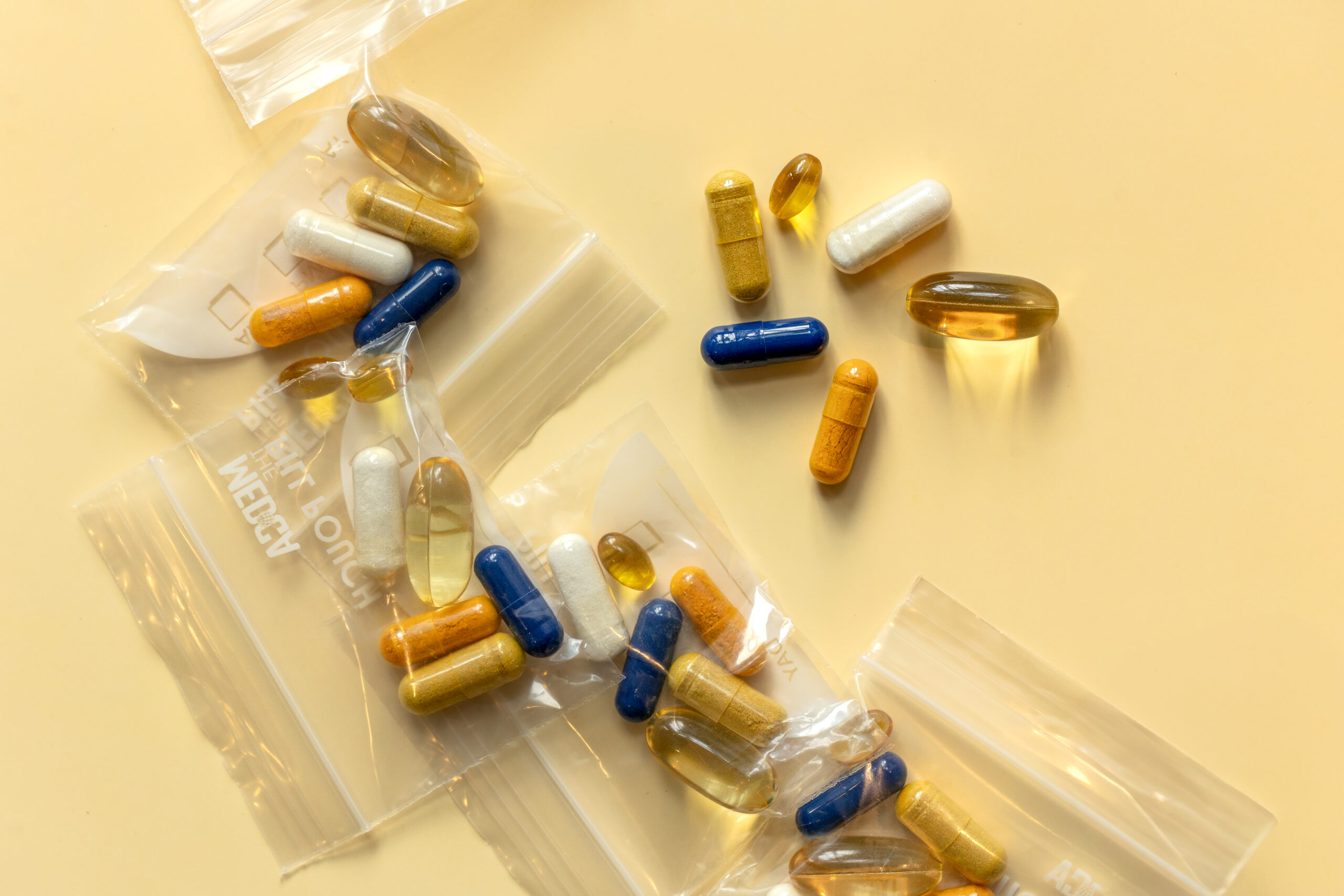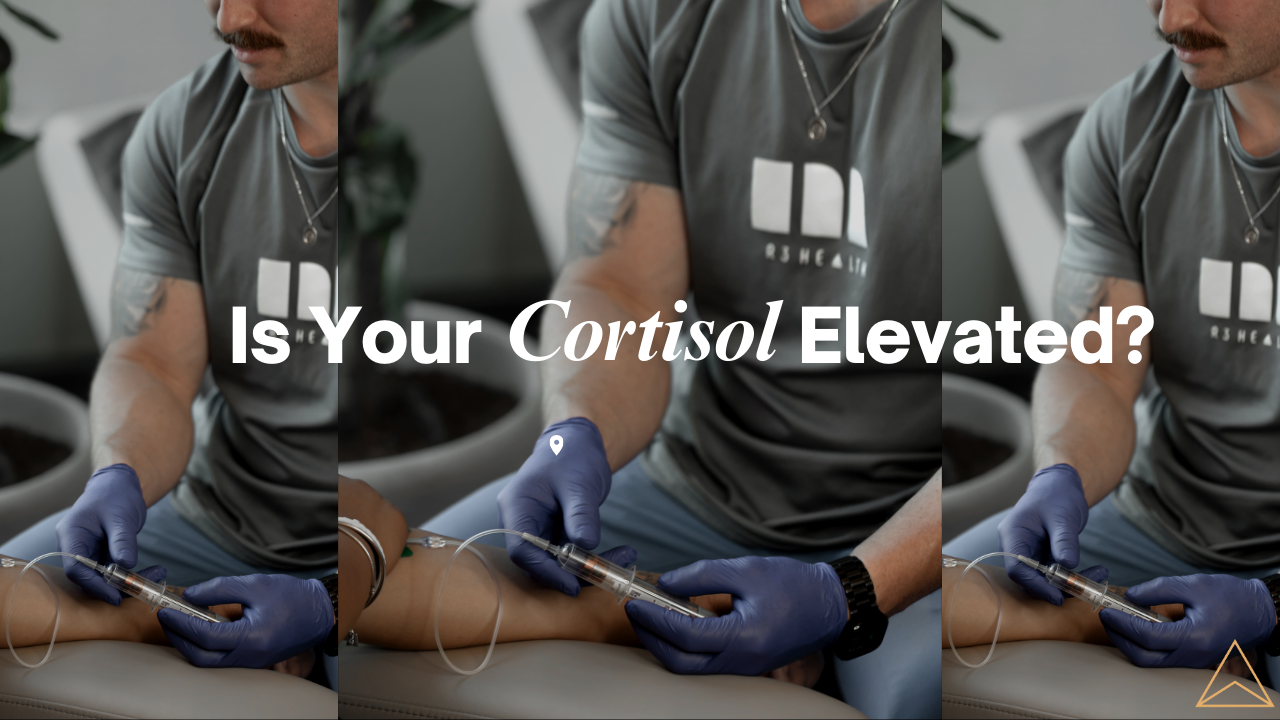One of the most controversial debates currently taking place in America at the moment is whether or not to receive one of the COVID-19 vaccines made by Moderna and Pfizer. Let’s take a look at some statistics and opinions on this heated topic, while also exploring some options other than the vaccine that many believe can help fight the virus.
Data collected on a recent survey shows that around 58% of Americans say they would get the vaccine—key groups such as Democrats and older citizens are among the most willing, but what about the other 42%? 37% of this group of American adults are mostly weary of its speed of development, another 26% express they would be more comfortable once more studies of side effects and effectiveness are conducted. However, 12% say they just don’t trust vaccinations in general—which can possibly pose a huge challenge from a public health perspective.
Even some first responders are hesitant to get the COVID-19 vaccine. More than half of the FDNY firefighters answered an internal survey and said they were not for receiving the vaccine when it first becomes available to them. According to NBC News the Uniformed Firefighters Association President, Andrew Absbro said “of the 2,053 firefighters surveyed in recent days, roughly 55% said they would not get the vaccine.\” He expands further and states that they are resistant due in large part to the fact that it is new and there is limited information on how effective it is.
With a large portion of the population suspicious of a new and quickly developed vaccine with little information on its effectiveness available—Americans are looking for other methods and actions to take in order to protect themselves from serious symptoms that lead to hospitalization.
One of the most talked about alternatives is building immune resilience. This strategy helps to boost the immune system so that it’s better prepared to ward off COVID-19. Health officials suggest:
- A nutrient rich diet
- Minimal stress
- A healthy 6-8 hours of sleep
- Physical activity
- Supplements such as vitamin C & Zinc (call to order now)
- Ozone Therapy
Others mention methods such as IV therapy as well as ozone therapy but one thing is for certain—four in ten Americans still remain unwilling to be vaccinated against COVID-19. If you\’re one of them, you might want to consider the aforementioned treatments that are readily available here at R3 Health! Ozone is effective at fighting viral conditions and IV therapy is great for delivering vitamins, minerals, and critical hydration to your body to support your immune system at this precarious time in human history. How do you feel about the vaccine? Will you be lining up for your shot or opting for one of these alternatives? Whatever path you choose, you\’ve got a plethora of choices to put you on the right track to optimal health! And as always, make sure you are informed fully and most comprehensively before jumping into a rash decision.
So, after much deliberation, you decided to get the COVID-19 vaccination. You may or may not be feeling the side effects of your recent shot and not quite sure what you can do to minimize any side effects or complications. Well, your arm will probably be sore for a day or two, and you may feel a little run down for a few days, but hopefully, these are items that resolve themselves, and you can get on with your life!
Are you wondering what the next step is? Well, your immune system is currently busy learning to recognize COVID and produce the proper antibodies for potential future encounters with this now infamous virus. Why not give your body a little extra support while it tackles such a feat? Our experts highly recommend taking some simple actions to help minimize complications and downtime of the vaccine, so let’s take a look at some top options now!
Daily Exercise
No matter your age or level of ability, regular movements always benefit your physical, social, and emotional wellbeing. That’s according to Sinead Gallagher and Louise Martin—physiotherapists at Cambridge University Hospitals. They advise you, “find activities that suit your health needs, level of ability and confidence, are enjoyable and can be done easily and often at home.”
What Is A Good Amount Of Exercise?
To be healthy, adults should get a total of at least 150 minutes of light to moderate activity in 10-minute spurts—plus muscle-strengthening exercises—per week.
Light activity would be things like:
- Moving around your home.
- Getting up to make a cup of coffee or tea.
- Walking at a slow pace.
Moderate activity should be your ultimate goal. This exercise level would make you warmer and breathe harder, but you’ll still have the ability to converse with a friend or family member during or soon after.
Moderate activity consists of:
- Brisk walking
- Cycling a bike
- Dancing
- Water aerobics
To maintain muscle, bone, and joint strength, you can add two sessions a week of strength training; bodyweight or resistance bands would work perfectly. Carrying groceries, activities involving stepping or jumping, and chair aerobics also fall into this category and help with your goal. You should also cut down on sedentary time, breaking up or minimizing seated periods.
Movement helps stimulate our organs—especially the lymphatic, cardiovascular, and excretory systems. This fact is important because those particular body areas are some pretty critical players in a healthy immune system. Keeping your body in tip-top shape helps it function better, especially when it’s adjusting to a vaccine!
Eat Well + Stay Hydrated
What you eat is vital for your immune system! That’s the reason it’s often recommended you prioritize more fruits and vegetables, foods high in protein, nuts, beans, and seeds with calcium and vitamin D for healthy bones, plus options that are rich in fiber and healthy unsaturated fats. Vitamin D is essential for a healthy immune system, and you can find safe and affordable supplements in most pharmacies if necessary; you should really be targeting 5000IU daily.
Your body can’t function without fuel, just like a car can’t go without gas. And, in that same vein, the quality of the energy you provide your “machine” will determine the quality of its output. You wouldn’t put cheap gas in a Ferrari, right? If you feed your body whole foods that are rich in vitamins, minerals, and antioxidants, your entire body—most importantly, your immune system—will have the resources and energy needed to function optimally. But if you fill it with junk? Well, let’s just say we don’t recommend that any time, but especially not when your body needs the most support.
In addition to nutritious foods, ensuring you up your hydration levels will go a long way towards strengthening your immune system. Our bodies are about 80% H2O! It’s one of the primary components of our blood, our tissues, our skin, and more. So, make sure you get plenty of fluids to keep your whole body functioning at peak performance by attempting to drink about ½ your body weight in fluid ounces. For example, a 200lb man should be drinking about 100 fluid ounces of water in an average day. If you\’re a caffeine junkie (which we don’t advise either!), you need to drink even more water. That’s because caffeine acts as a natural diuretic! So, for every 8 ounces of coffee you drink, you need to drink double the water to compensate.
You can do this the easy way—by sipping on plenty of water throughout the day—or the easier way: with an IV infusion here at the R3 Health + Longevity Center! All you need to do is make an appointment, come on in and take a seat in one of our exam rooms. We’ll hook you up to an IV bag filled with vital hydration, vitamins, and nutrients while you relax.
Prioritize Sleep Quality And Quantity
Sleep is critical to the functioning of your immune system, which is why we recommend getting seven to nine hours a day for optimal performance—that’s the sweet spot, according to the National Sleep Foundation. Each body is unique, though, and requires a different amount of rest, so find your own personal sweet spot by simply observing the number of hours needed for your body to wake up, naturally, on your day off.
With a sufficient amount of sleep, your body can mount an appropriate immune response when you come into contact with pathogens. Why? Because while we rest, our bodies get to work focusing on critical functions that repair and protect. So, make sure to get those Z’s and give your body the rest it needs post-vaccine!
Keep Stress Levels Down
Stress can negatively affect your immune system, which reduces the ability to fight infection. That’s because any sort of perceived threat to our safety will activate that fight or flight response, sending cortisol and adrenaline pumping through our system and shutting down the systems that aren’t especially critical.
This reaction comes from instincts we have leftover from our days as cavepeople—you don’t need to worry about digesting food when you’re running from a hungry lion, right? So, for that reason, too much stress can weaken our immune system and make us more susceptible to viruses, bacteria, and other germs.
How does one combat daily metaphorical headaches? There are lots of ways! Keeping in contact with close friends and family, making time for yourself, or taking part in online social groups and events can help keep you in a positive state of mind and give you a place to vent your frustrations when needed.
What are some ways you like to relax? Is it with a hot bath that utilizes fizzy bombs and luxuriously smelling candles? Maybe it’s curling up on the couch with a beloved pet and a good movie? Whatever you prefer, make sure to carve out space in your day for what keeps your stress levels low while you recover from your vaccine.
So, there you have it—a shortlist of what we consider vital in supporting your immune system. Prioritize these critical factors for the next few weeks, and you’ll be well on your way to giving your body the resources it needs to incorporate the vaccine fully. Need a little advice or guidance on your journey? Reach out to us here at R3 Health for a comprehensive consultation, and we’ll help you achieve a new level of wellness—now that your body needs it most!





